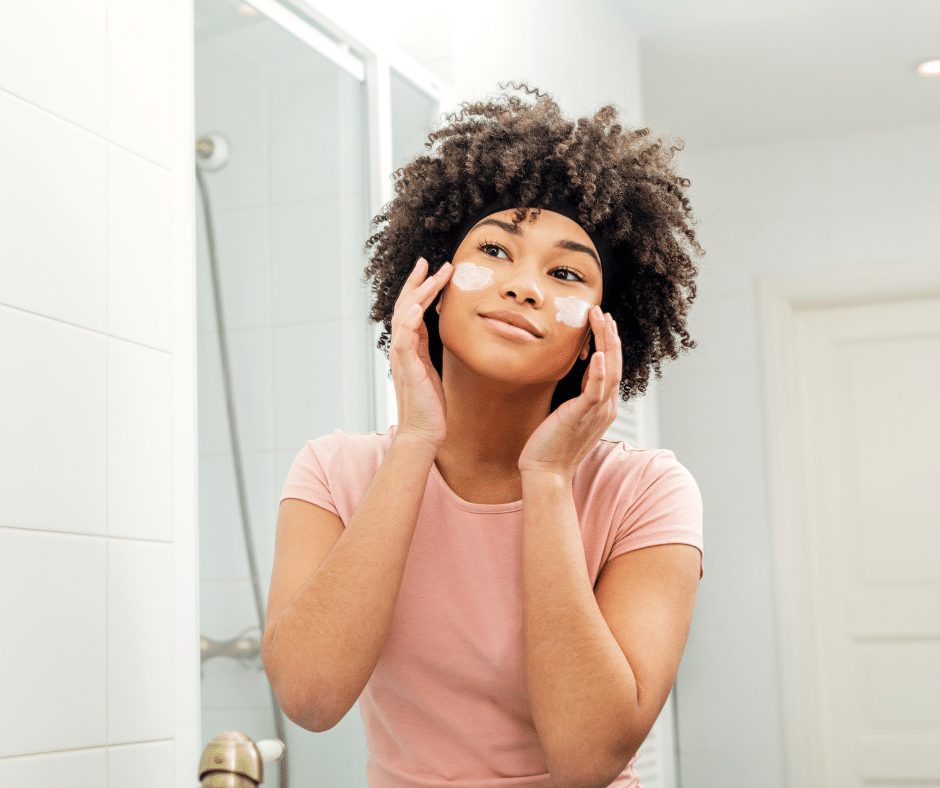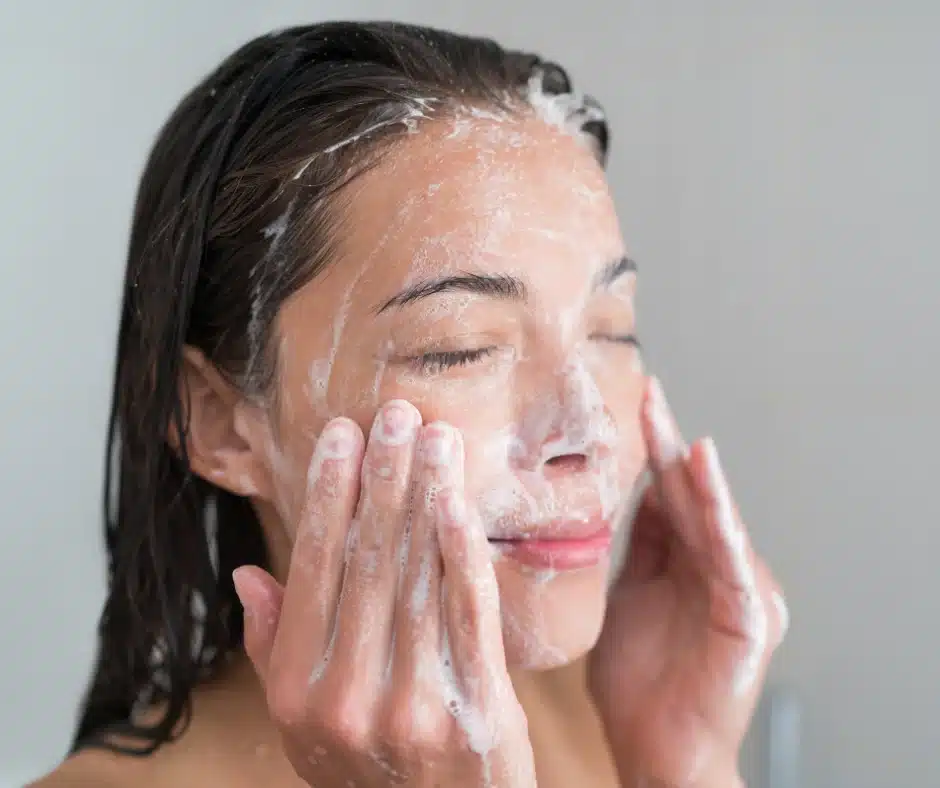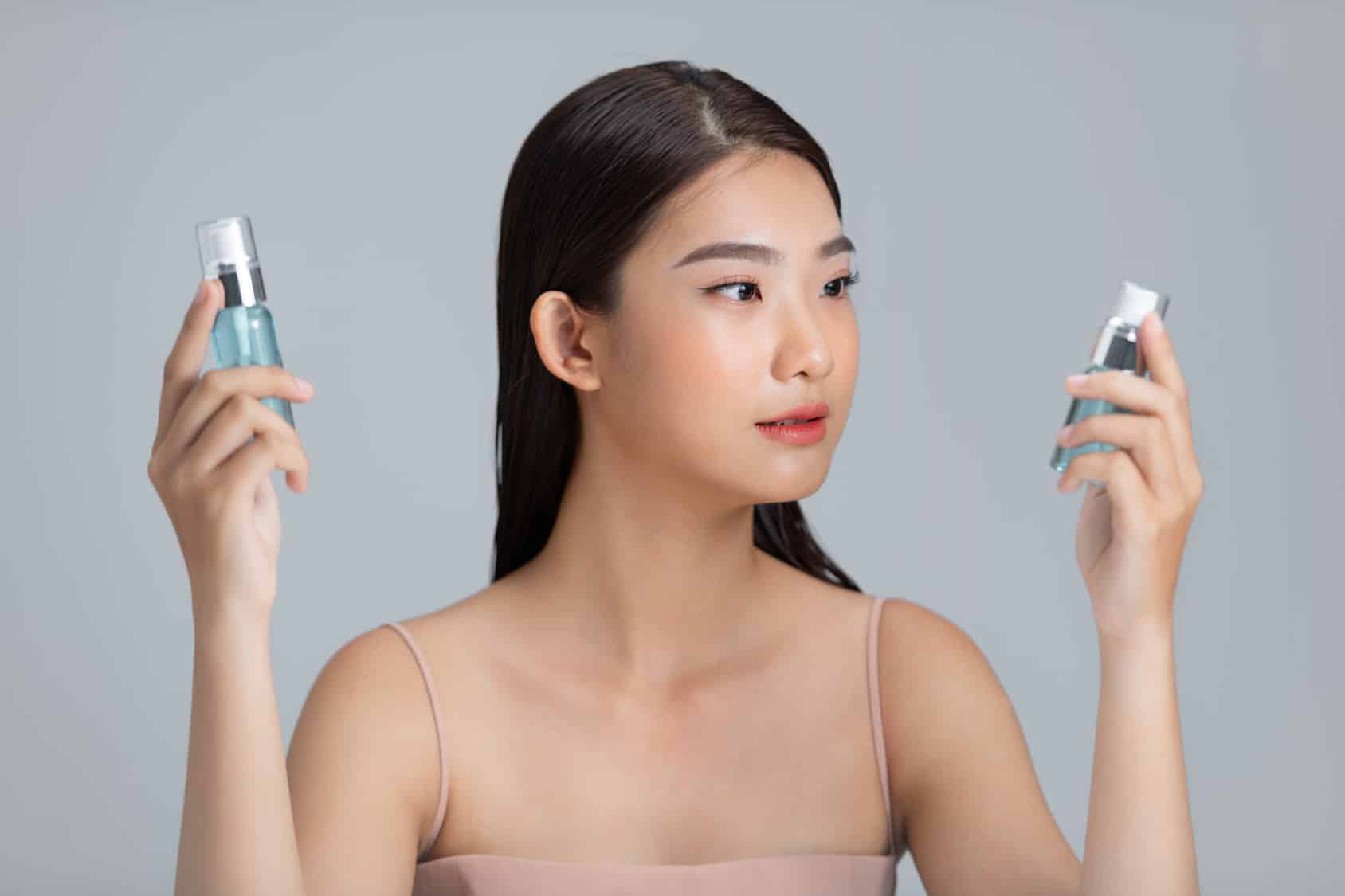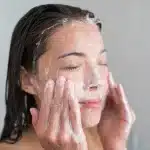

Retinoids are one of the most powerful and widely used tools in modern dermatology, yet despite their many benefits, some people still worry: Do retinoids cause cancer? It’s a question we hear often in our New York City office, and it deserves a clear, science-backed answer. If you’ve ever typed “Are retinoids safe?” into a search bar, this blog is for you. In short: Topical retinoids, when used appropriately and under expert guidance, do not cause cancer. In fact, in many cases, they help prevent precancerous skin changes.
What Are Retinoids?
Retinoids are vitamin A derivatives used in skincare and medicine to treat a range of conditions, including:
- Acne
- Fine lines and wrinkles
- Sun damage
- Hyperpigmentation
- Psoriasis
- Precancerous skin lesions (like actinic keratoses)
There are two major categories of retinoids:
- Topical retinoids, applied to the skin (like tretinoin, adapalene, tazarotene, trifarotene and retinol)
- Systemic retinoids, taken orally (like isotretinoin, commonly known as Accutane)
Understanding this distinction is essential because the safety profile differs significantly between the two.
The Cancer Concern: Where Did It Come From?
The concern about retinoids and cancer largely stems from early studies involving systemic retinoids, especially in lung cancer prevention trials for smokers. These trials showed that high doses of oral beta-carotene (a vitamin A precursor) in combination with smoking increased the risk of lung cancer in that specific group.
But here’s the key point: These findings do not apply to topical retinoids.
Topical retinoids, which are applied directly to the skin and used in much lower concentrations, are not absorbed in the same way systemically. Multiple long-term studies have shown no evidence that topical retinoids increase cancer risk. Dermatologists often prescribe them to help reverse sun damage and reduce the risk of skin cancer.
What Does the Science Actually Say?
Here’s what current research and dermatological consensus show:
- A review in the Journal of the American Academy of Dermatology concluded that topical retinoids are safe and effective for long-term use in acne and photoaging, with no increased cancer risk.
- Retinoids like tretinoin and adapalene have been shown to reduce precancerous lesions caused by sun exposure, such as actinic keratoses.
- According to the FDA, topical retinoids are considered safe when used as directed.
Dr. Gendler explains in this video how the myth about retinoids and cancer persists, despite strong scientific evidence disproving it. She reassures patients that, when used correctly, these ingredients are both safe and effective.
Are Retinoids Toxic?
The word “toxic” gets misused frequently online. In fact, its use in social media outlets is downright TOXIC at this point! There are many so-called “influencers,” who have no medical knowledge, spouting nonsense to spark unnecessary and unfounded worry in many consumers’ minds. In the context of topical retinoids, the answer is no, they are not toxic when used as prescribed. Side effects like peeling, dryness, or irritation are common but manageable. These effects often improve over time or with adjustments in frequency or formulation.
Can Retinoids Cause Hair Loss?
This is another common question. While oral retinoids like isotretinoin have been associated with temporary hair shedding in some cases, topical retinoids do not typically cause hair loss. If you’re experiencing this symptom, it’s important to speak with a dermatologist to explore other potential causes.
Are Retinoids Safe During Pregnancy or Breastfeeding?
Here’s where caution is warranted:
- Systemic retinoids (oral) like isotretinoin are not safe during pregnancy and carry a high risk of birth defects.
- Topical retinoids should also generally be avoided during pregnancy and breastfeeding due to theoretical risks, even though absorption is minimal. The consensus among experts is to err on the side of caution. There are many safe alternatives available for expectant or nursing patients, something we frequently advise on during consultations in our NYC office.
Are Retinoids Bad for You?
When you hear phrases like “bad for your skin” or “toxic,” it’s easy to get concerned. But the truth is, topical retinoids are one of the most well-studied and dermatologist-recommended ingredients in skincare. Like any medical treatment, they should be used with care, but when they are, they offer incredible benefits:
- Smoother skin texture
- Reduced acne
- Brighter, more even skin tone
- Less visible fine lines and sun spots
- Prevention of certain precancerous conditions
Guidelines for Safe and Effective Use
To get the most from your retinoid (and avoid unnecessary irritation), follow these simple tips:
- Start slow: Use every other night and increase gradually as your skin adjusts.
- Moisturize: Apply moisturizer before or after your retinoid to buffer dryness.
- Use SPF daily: Retinoids can make your skin more sensitive to the sun.
- Be patient: It can take 8–12 weeks to see full results.
Most importantly, consult with a board-certified dermatologist. Personalized guidance ensures you’re using the right product at the right strength for your skin.
Busting the Myth, Reassuring Patients
We understand that starting a new skincare ingredient, especially one that’s as active as a retinoid, can bring up concerns. At our New York dermatology practice, we see these worries often, and we’re here to help you make informed, confident decisions about your skin.
Book a Skin Consultation in NYC
If you’re still wondering, “Do retinoids cause cancer?” or “Are retinoids safe for me?”- let’s talk. Dr. Ellen Gendler is here to help you navigate the science, bust the myths, and find the right skincare solution for your needs. Healthy, radiant skin starts with expert care.
Posted In: Skin Care
Related Posts

June 13, 2025
Little Bumps on Your Forehead? Here’s Why
If you’ve ever looked in the mirror and noticed little bumps on your forehead that just won’t go away, no matter how...

May 30, 2025
Bust the Myth: Do Retinoids Cause Cancer?
Retinoids are one of the most powerful and widely used tools in modern dermatology, yet despite their many benefits, som...

August 26, 2024
Skincare Advice for Your 20s and 30s
If the Sephora kid trend tells us anything, it's that young people are paying attention to skin health and appearance. S...


